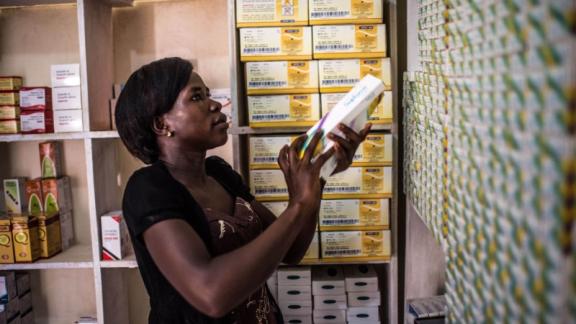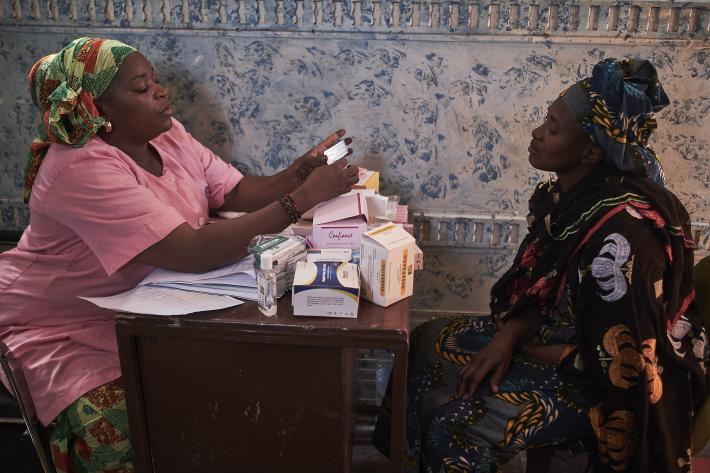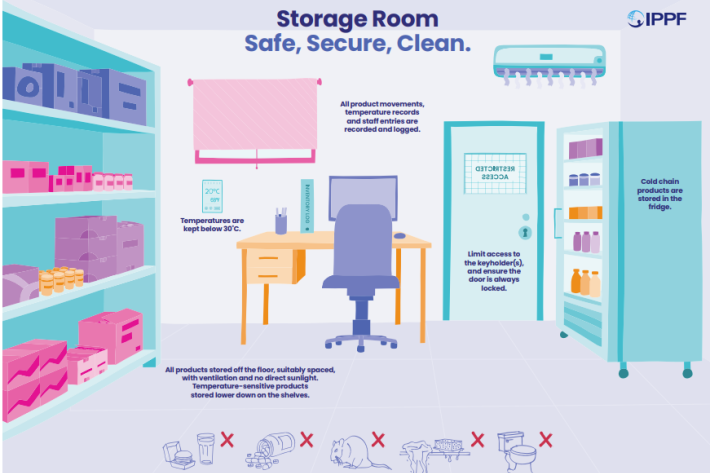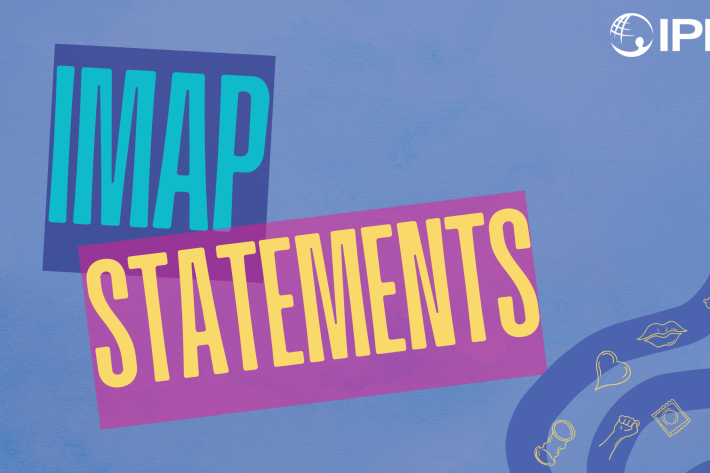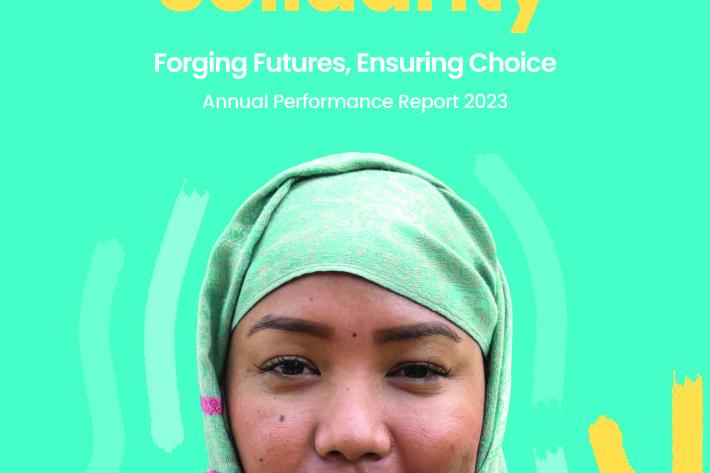Spotlight
A selection of resources from across the Federation
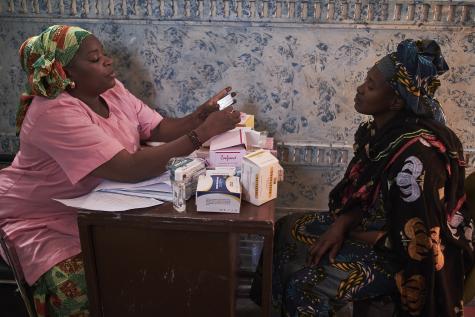
IMAP Statement on advances in emergency contraception
The purpose of this statement is to review newly published data on increasing the effectiveness of levonorgestrel emergency contraceptive pills by using pre‑coital administration or combined with a non‑steroidal anti‑inflammatory drug; the potential use of LNG‑ECP as a regular contraceptive method for infrequent sex; ulipristal acetate which is an established EC method and is now being studied combined with misoprostol for termination of early pregnancy; and the underutilization of low dose mifepristone as an EC method.
Filter our resources by:

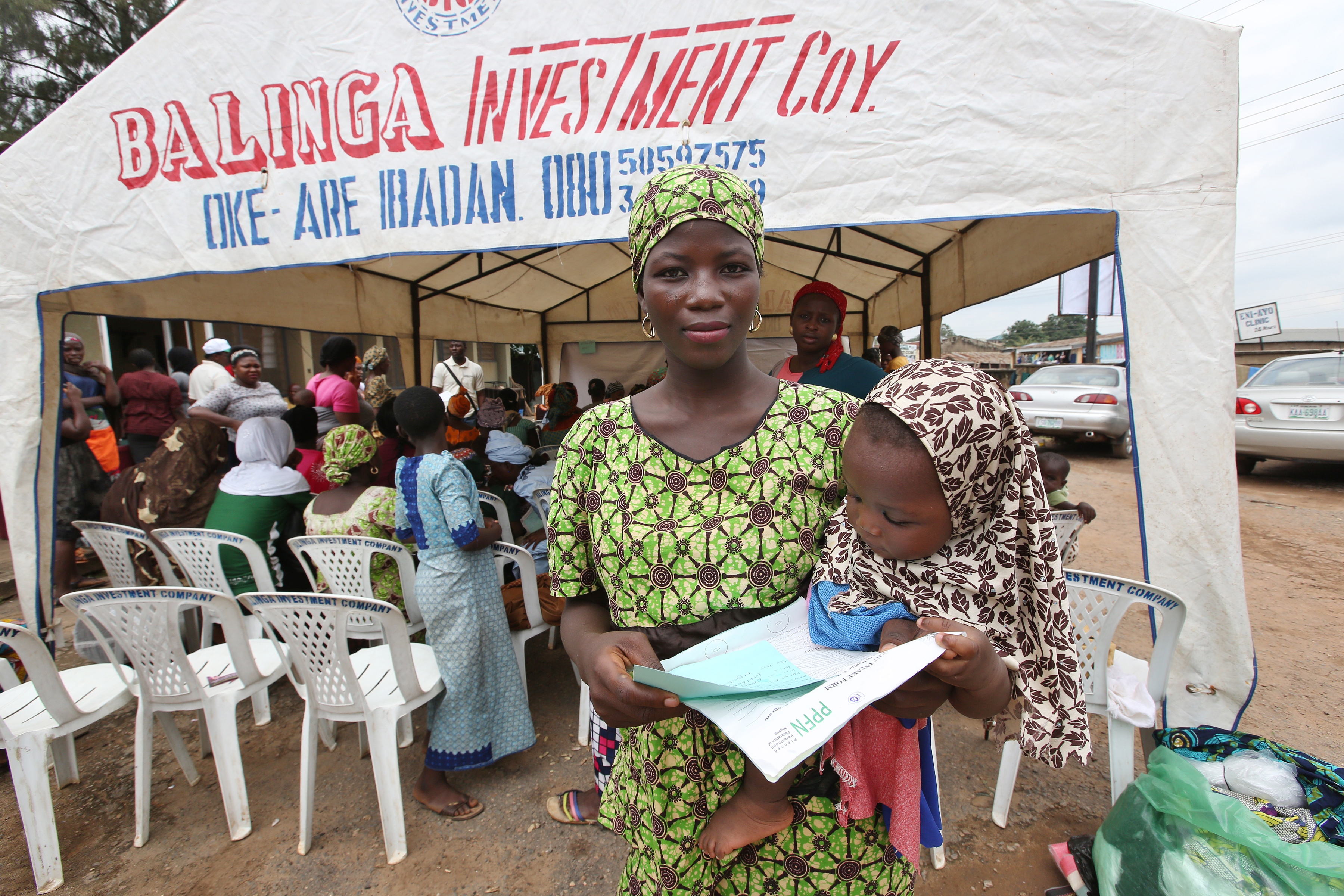
| 26 August 2016
Expanding our range of services in Nigeria
IPPF's Member Association in Nigeria, the Planned Parenthood Federation of Nigeria (PPFN), piloted a successful project over 9 months around family planning. It had a specific focus on accessing people who would not ordinarily be reached through services and worked with local partners to ensure that no one was left behind. This project, funded by the Gates Foundation, exceeded targets significantly and has the potential to be rolled out in Nigeria and other countries. It has been successful in establishing new users of contraception and other sexual and reproductive health services.
| 22 June 2016
At a Glance 2015
Key facts and figures highlighting IPPF's achievements in 2015.
| 16 June 2016
Locally owned
We want to enable all women and girls to decide about their body, the size of their family, their education and future. We provide services to meet their contraceptive needs, and bring about policy changes locally and globally, as their sexual and reproductive rights are human rights.
| 16 June 2016
IPPF and Youth
The world has the largest youth generation ever. IPPF is putting young people at the heart of its services: with them, we want to change social norms and guarantee their rights.
| 16 June 2016
Women, Girls and Gender
The data about gender inequality are shocking: millions of women are victims of early marriage, female genital mutilation and different sorts of gender violence and discrimination.
| 16 June 2016
Service Delivery
Women and girls around the world have an unmet need for reproductive health services. In 2015, IPPF provided 175 million services, 82% of which went to poor and marginalised people.
| 06 June 2016
Annual Performance Report 2015
When IPPF refocused efforts with the three Changes Goals – Unite, Deliver and Perform – an ambitious commitment was made to double the number of sexual and reproductive health services provided between 2010 and 2015. We are proud to announce that 175.3 million services were provided in 2015, only 1 per cent below the goal of 176.4 million. This is a remarkable achievement and a result of Member Associations’ unwavering efforts and commitment. More than eight in ten clients who received services from IPPF were poor and vulnerable, while 44 per cent of our services went to young people. In 2015, Member Associations and collaborative partners in 48 countries contributed to 82 legal and policy changes that support or defend sexual and reproductive health and rights. At the regional and global levels, IPPF’s advocacy contributed to 22 policy changes. The highlight of our advocacy achievements was the inclusion of gender equality and women’s empowerment, sexual and reproductive health, and reproductive rights in the 2030 Agenda for Sustainable Development. IPPF continued to invest in learning, business processes and information management systems to drive performance and value for money. We are increasingly using data to guide decision making and to ensure accountability to our clients, donors and partners.

| 23 May 2016
IPPF Humanitarian Report
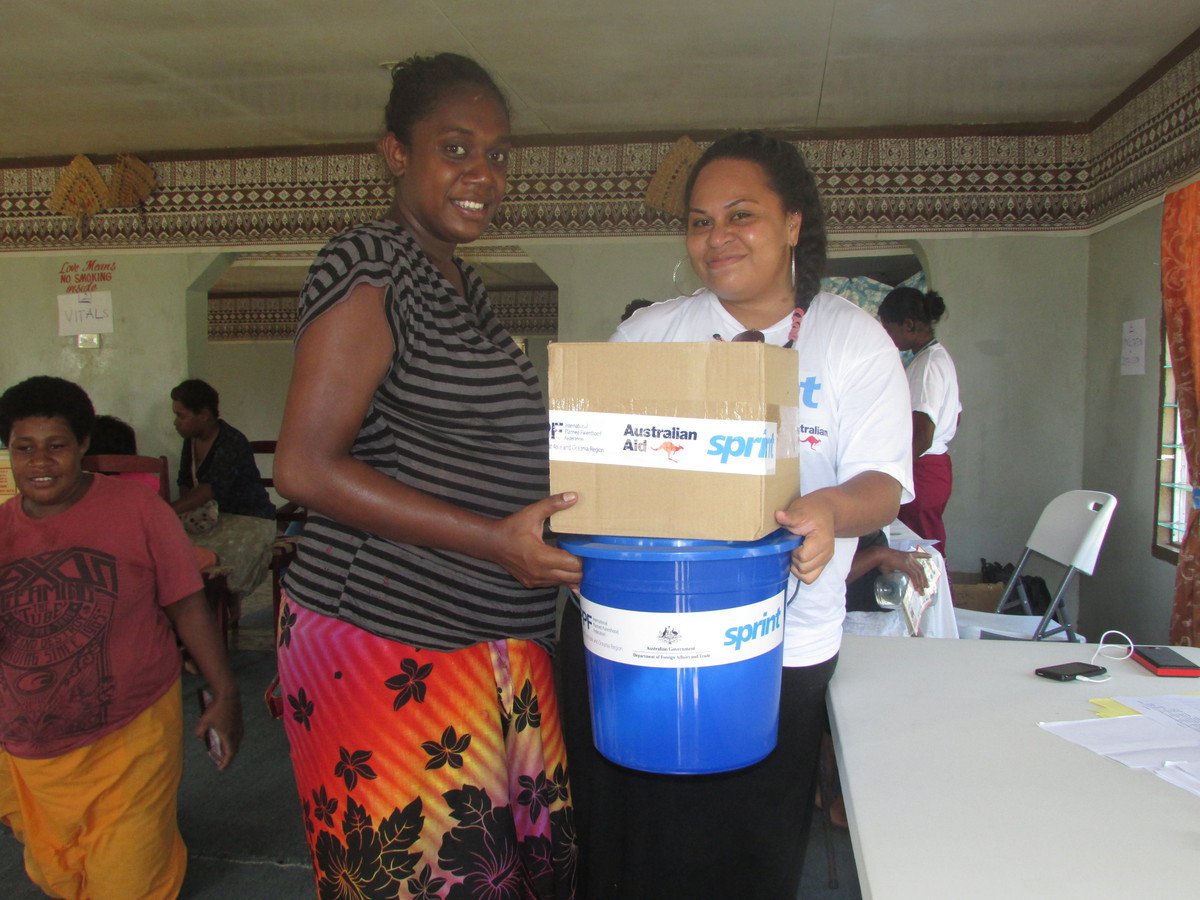
| 05 April 2016
Fiji update
One month on the Cyclone Winston hit Fiji, IPPF-SPRINT is still providing sexual, reproductive and maternal care to cyclone-affected population.
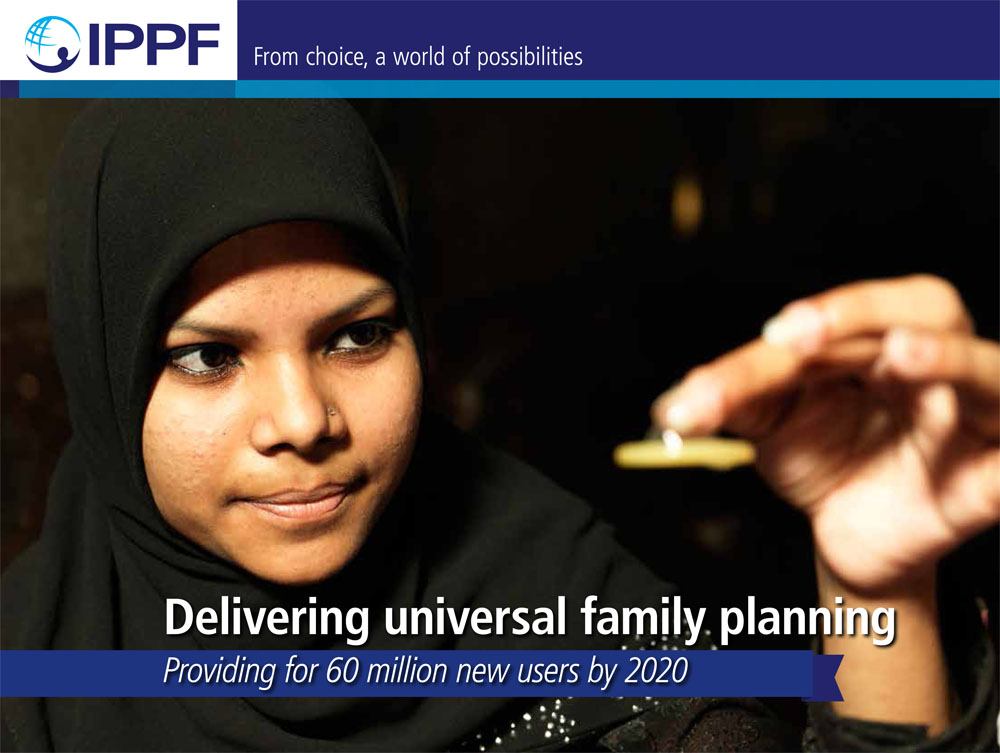
| 21 January 2016
Delivering universal family planning
As the largest civil society provider of family planning, IPPF plays a leadership role – holding governments to account for the pledges they made at the London Summit on Family Planning 2012, pushing for family planning and SRHR within the new Sustainable Development Goals national plans whilst strengthening our own delivery. Our new pledge is to reach an additional 45 million between 2015 and 2020 – meaning a total FP2020 contribution from IPPF of 60 million new users to family planning.







